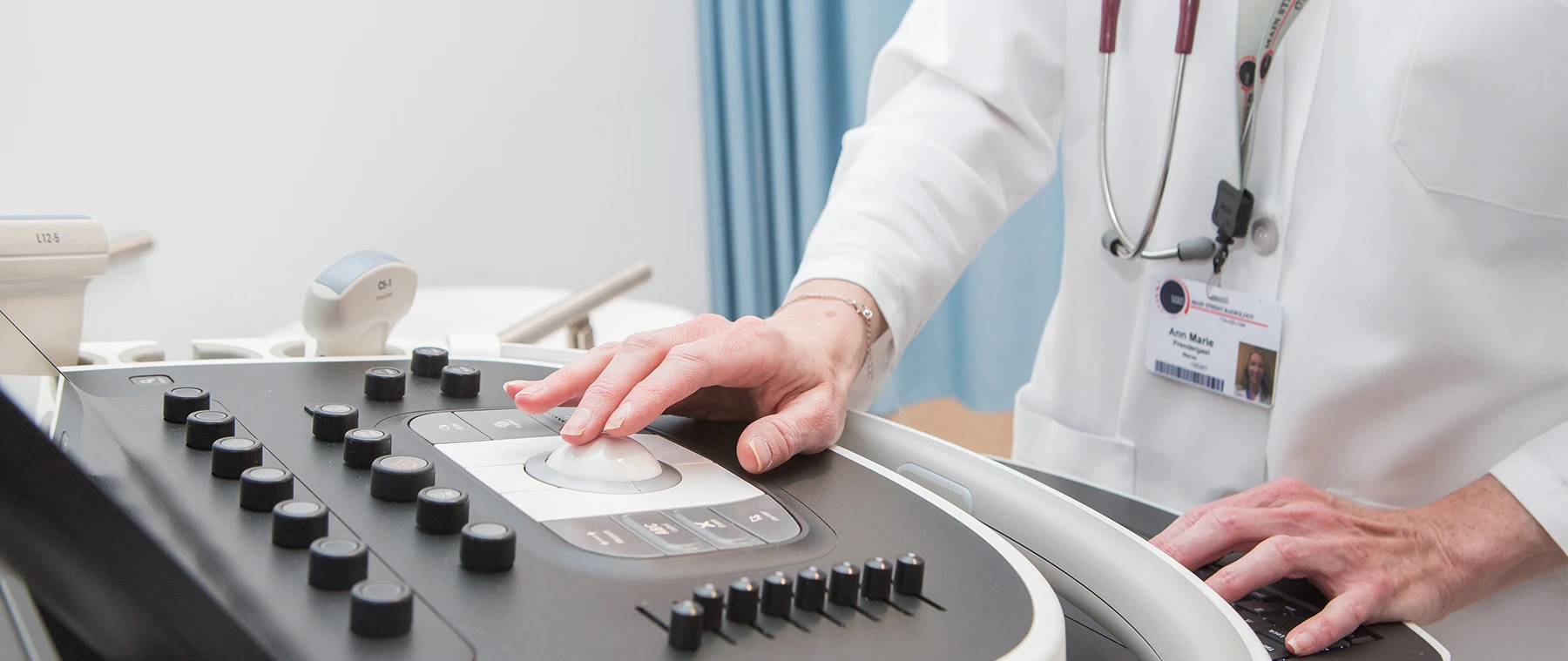Takayasu Arteritis
Imaging tests targeting arterial inflammatory disease and other vasculitides.
What to expect
Refrain from eating and drinking 4 hours prior to your exam
Bring your doctor’s prescription, insurance card, and a picture ID
Advance Technology Detects Blood Vessel Damage
Takayasu's arteritis is a rare condition that causes inflammation of the blood vessels, often leading to damage to the body's primary artery, the aorta, and its main branches. The disease can lead to narrowed or blocked arteries, weak spots (or aneurysms) in arteries, arm or chest pain, high blood pressure, and possibly heart failure or stroke.
Non-Invasive CT Angiograms for Precise Vascular Diagnosis
- At Main Street Radiology, we often use non-invasive CT angiograms (CTA) to diagnose blood vessel diseases and conditions.
- Our 16-detector spiral CT, combined with advanced software, allows us to obtain detailed images of the aorta and other arteries.
- Once diagnosed, Takayasu's arteritis can be treated with medication or through surgery.
Case History: A 47-year-old Korean woman had a known history of Takayasu arteritis and bilateral iliac stents for stenoses. A follow-up aorto iliac CT angiogram was performed at Main Street Radiology utilizing a 16-detector spiral CT.

Figure 1

Figure 2

Figure 3

Figure 4
Findings: 3D CT angiography images were generated with and without the skeleton (Figures 1 and 2). Lateral view of the abdominal aorta (Figure 3) demonstrates focal stenosis (arrow). Frontal view of the iliac arteries (Figure 4) shows occlusion of the left iliac stent and common femoral artery (yellow arrows), and near complete occlusion of the right common femoral artery (green arrow). Collateral vessels are present bilaterally (white arrows).
Discussion: Takayasu arteritis is an idiopathic granulomatous inflammatory process affecting the aorta, major aortic branches, and pulmonary artery. It usually affects females from East Asia who are less than 50 years old; about eight times more women are diagnosed with the condition than men.
Long or short segmental stenoses are present, especially near the origins of major branches. Fusiform or saccular aneurysms can also be seen in 10% to 15% of the cases. MSR is the first facility in Queens to install a 16-detector spiral CT. Due to its unprecedented speed, sub-millimeter images of the entire body can be obtained with a single breath-hold. High-resolution 3D CT angiography can be performed to image virtually any arterial system, including the brain), coronary arteries, hands, and feet.
Already Scheduled for A CT-Scan?
Already Scheduled for A CT-Scan?
Learn how to prep for your medical procedure.
Five convenient locations
Schedule an Appointment
Online
Fill out this form and we'll contact you as soon as possible. Please do not include any personal or financial information when using this form.
By Phone
Call or text to schedule an appointment. You may text us any required information (name, date of birth, and a picture of your prescription.) and a scheduling representative will be in touch.
- Call Us: (718) 428-1500
- Text Us: (929) 430-2761
HOURS
Monday-Friday: 8 a.m. to 8 p.m
Saturday: 8 a.m. to 4 p.m.
Sunday: 8 a.m. to 2 p.m. (Flushing Office Only)

